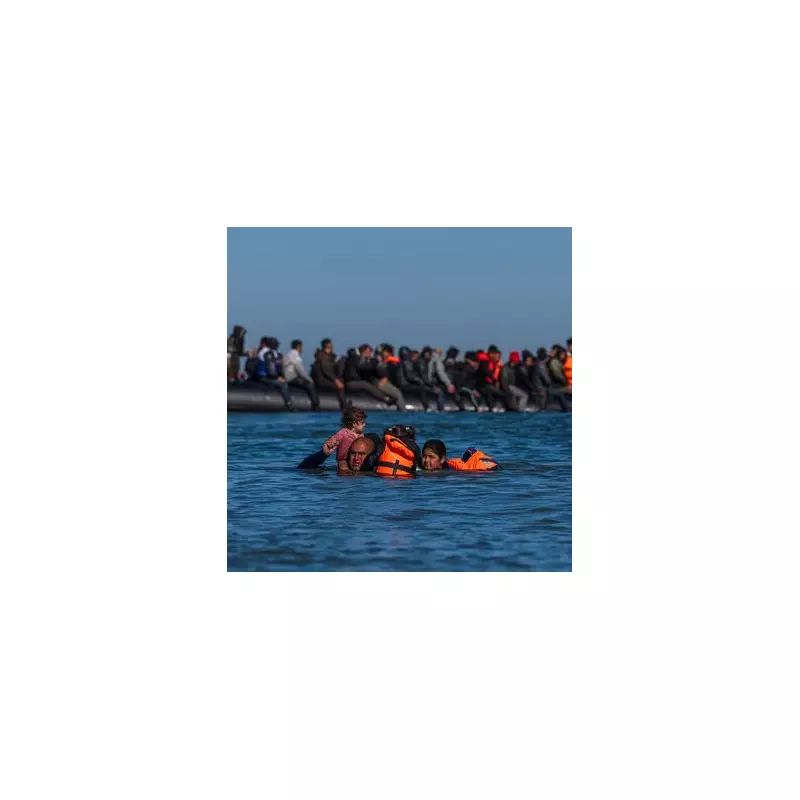
In a landmark and deeply controversial move, the first flight deporting asylum seekers to Rwanda has departed from a Ministry of Defence airfield, marking the launch of the UK government's hardline immigration policy.
The flight, which took off on Tuesday, is the physical manifestation of Prime Minister Boris Johnson and Home Secretary Suella Braverman's pledge to 'stop the boats' crossing the English Channel. The government has touted the Rwanda scheme as a vital deterrent to dangerous small boat journeys organised by criminal smuggling gangs.
Legal Challenges and Last-Minute Appeals
The launch of the policy has been mired in legal battles. The first flight was initially scheduled last year but was grounded after a series of successful interventions by the European Court of Human Rights (ECHR). This time, however, the government has pushed ahead despite ongoing appeals and outcry from humanitarian organisations.
Charities and legal groups have argued the policy is unlawful and inhumane, suggesting Rwanda does not have the safe infrastructure to process and house vulnerable asylum seekers. The UK Supreme Court is yet to make a final ruling on the scheme's legality.
A New Approach to Accommodation
In a parallel development, the government is also moving ahead with plans to house hundreds of asylum seekers on the Bibby Stockholm barge, currently docked in Portland, Dorset. The vessel is presented as an alternative to housing migrants in expensive hotels, which the government claims costs the British taxpayer £6 million a day.
This dual approach of offshore processing and alternative accommodation forms the backbone of the government's strategy to gain control over what it describes as a 'broken' asylum system.
A Divided Reaction
The policy has sparked intense debate across the political spectrum. Supporters hail it as a necessary and tough measure to break the business model of people smugglers and control the UK's borders.
Conversely, critics, including opposition parties and high-profile charities, have condemned it as cruel, costly, and ineffective. They argue it shirks the UK's moral and legal responsibilities and will do little to address the complex, global root causes of migration.
The eyes of the nation and the world will now be on Rwanda and the UK's Supreme Court as this unprecedented immigration experiment begins.





